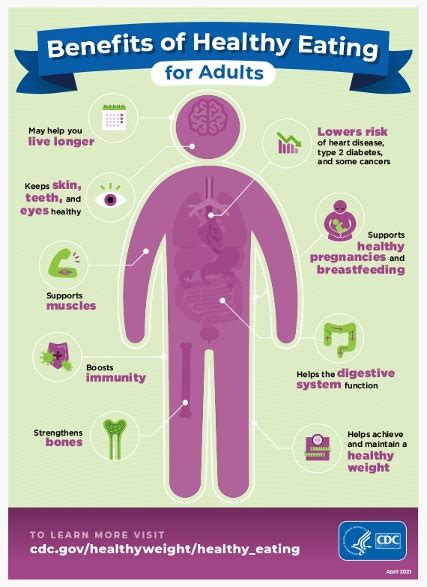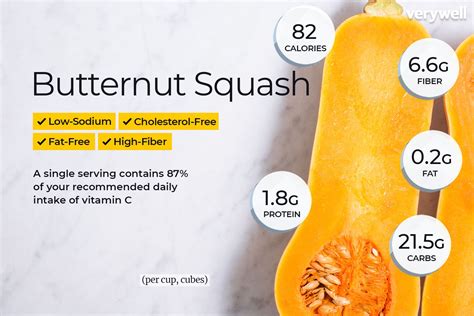Intro
Discover the nutritional benefits of squash, a healthy vegetable rich in vitamins, antioxidants, and fiber, supporting digestive health and immunity, making it a nutritious addition to a balanced diet.
Squash is one of the most versatile and nutritious vegetables available, offering a wide range of health benefits due to its rich content of vitamins, minerals, and antioxidants. With its sweet, nutty flavor and soft, comforting texture, squash has become a staple in many cuisines around the world. But what makes squash so healthy, and how can you incorporate it into your diet to reap its numerous benefits?
The importance of squash in a healthy diet cannot be overstated. Not only is it low in calories and rich in fiber, but it is also packed with vitamins A and C, potassium, and magnesium, making it an excellent addition to a variety of dishes, from soups and stews to salads and side dishes. Moreover, squash contains a range of phytochemicals, including beta-carotene and other carotenoids, which have been shown to have anti-inflammatory and antioxidant properties.
As the world becomes increasingly health-conscious, the demand for nutritious and sustainable food options is on the rise. Squash, with its numerous health benefits and versatility in cooking, is an excellent choice for those looking to improve their diet and reduce their environmental footprint. Whether you're a seasoned foodie or just starting to explore the world of healthy eating, squash is definitely worth considering. With its rich nutritional profile, delicious flavor, and numerous health benefits, it's no wonder that squash has become a staple in many cuisines around the world.
Introduction to Squash

Nutritional Benefits of Squash
The nutritional benefits of squash are numerous and well-documented. One cup of cooked squash contains only 50 calories, making it an excellent choice for those looking to manage their weight. Squash is also rich in fiber, containing both soluble and insoluble fiber, which can help to promote digestive health, lower cholesterol levels, and regulate blood sugar levels. Additionally, squash is a rich source of vitamins A and C, potassium, and magnesium, making it an excellent addition to a variety of dishes.Health Benefits of Squash

Cooking with Squash
Cooking with squash is easy and versatile, and there are numerous ways to incorporate it into your diet. Some popular ways to cook with squash include: * Roasting: Roasting squash brings out its natural sweetness and adds a delicious caramelized flavor. * Sauteing: Sauteing squash with garlic and herbs makes a delicious and healthy side dish. * Soups: Squash makes a delicious and comforting soup, especially when combined with other vegetables and spices. * Salads: Squash can be added to salads for a burst of flavor and nutrition.Types of Squash

Squash Recipes
There are numerous delicious and healthy squash recipes to try, from soups and stews to salads and side dishes. Some popular squash recipes include: * Squash soup: Squash soup is a delicious and comforting soup that is made with roasted squash, onions, garlic, and spices. * Squash salad: Squash salad is a healthy and delicious salad that is made with roasted squash, mixed greens, and a tangy vinaigrette. * Squash casserole: Squash casserole is a delicious and comforting side dish that is made with roasted squash, breadcrumbs, and cheese.Squash Nutrition Facts

Squash and Weight Loss
Squash can be a helpful addition to a weight loss diet due to its low calorie and high fiber content. The fiber in squash can help to promote feelings of fullness and reduce hunger, making it easier to stick to a weight loss diet. Additionally, the antioxidants and anti-inflammatory compounds in squash can help to improve overall health and reduce the risk of chronic diseases.Squash and Diabetes

Squash and Heart Health
Squash can be a helpful addition to a heart-healthy diet due to its high levels of potassium, magnesium, and fiber. The potassium in squash can help to lower blood pressure and reduce the risk of heart disease, while the magnesium can help to improve blood flow and reduce the risk of arrhythmias. Additionally, the fiber in squash can help to lower cholesterol levels and improve overall heart health.Conclusion and Final Thoughts

We invite you to share your favorite squash recipes and cooking tips in the comments below. Have you tried any of the squash recipes mentioned in this article? Do you have a favorite type of squash or cooking method? Let us know and join the conversation.
What are the health benefits of squash?
+Squash is a nutrient-dense food that offers a wide range of health benefits, including reducing inflammation, improving eye health, supporting immune function, and lowering cholesterol levels.
How do I cook with squash?
+Cooking with squash is easy and versatile, and there are numerous ways to incorporate it into your diet. Some popular ways to cook with squash include roasting, sauteing, soups, and salads.
What are the different types of squash?
+There are several types of squash, including acorn squash, butternut squash, spaghetti squash, and zucchini. Each type of squash has its unique texture, flavor, and nutritional profile.
Can I use squash as a low-carb substitute for pasta?
+Yes, squash can be used as a low-carb substitute for pasta. Spaghetti squash, in particular, has a unique, spaghetti-like flesh that can be used as a low-carb alternative to traditional pasta.
How do I store squash to keep it fresh?
+Squash can be stored in a cool, dry place to keep it fresh. It's also important to handle squash gently to avoid bruising or damaging the skin, which can reduce its shelf life.
